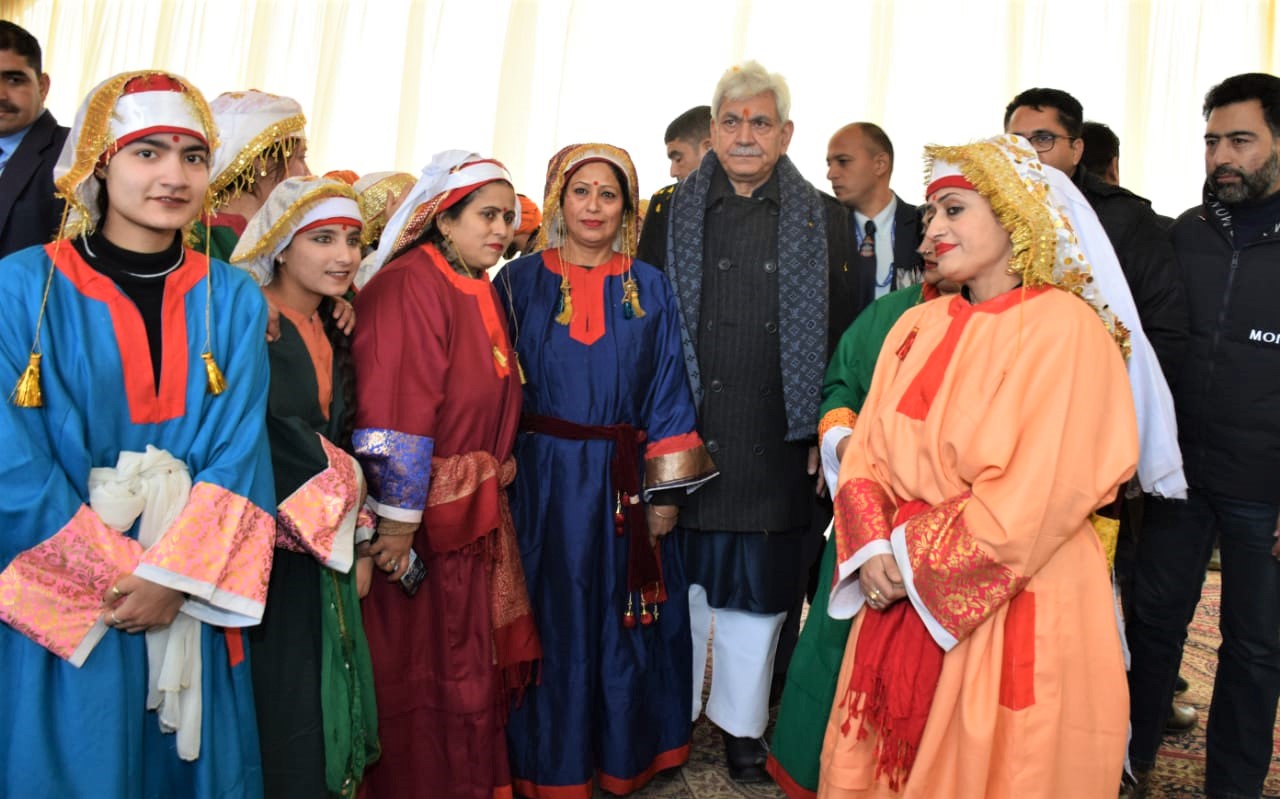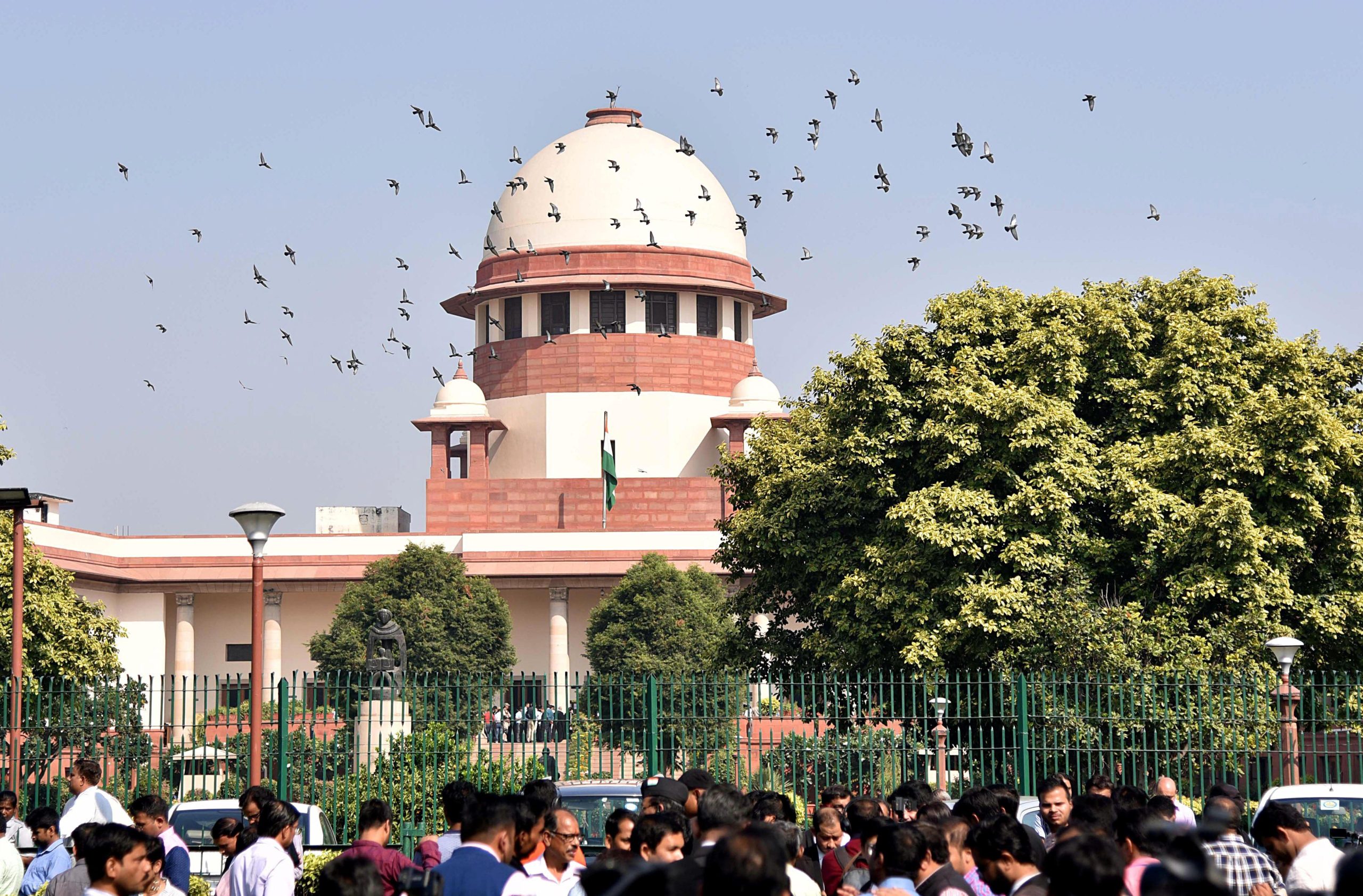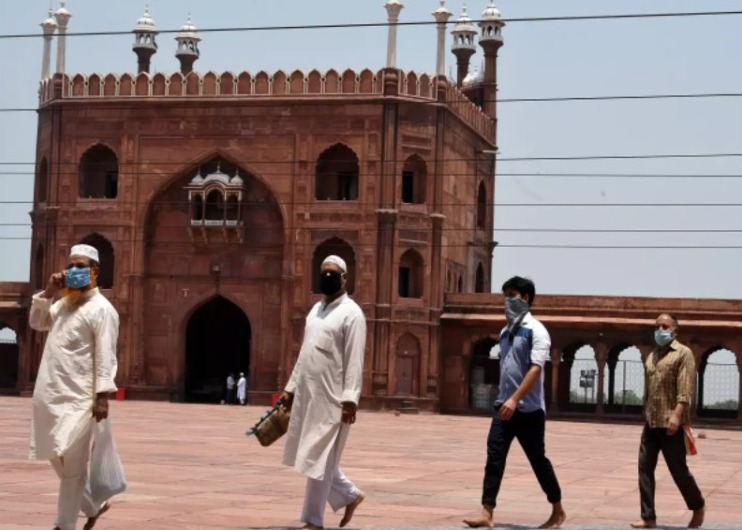by Bilal Gani
The previous has left scars on the collective reminiscence of all Kashmiris, irrespective of non secular id. The narrative’s complexity lies in understanding that tyranny and displacement, although skilled in another way, have affected various communities.
The migration of Pandits from the Kashmir Valley emerges not simply as a relocation however as a saga engraved within the Kashmiri spirit. Deserted properties resonant with reminiscences, households embarked not solely throughout geographical boundaries but additionally by means of the maze of loss and resilience. This migration, painted within the private hues of particular person narratives, transforms right into a story of poignant farewells to acquainted landscapes, the perfume of saffron fields, and the echoes of a tradition deeply embedded within the valley’s soil.
In Hari Krishna Kaul’s work, For Now, It’s Evening, the pages breathe life into the tales of a group grappling with the profound problem of leaving not simply properties and landscapes, however a cultural and historic heritage intricately woven into the area.
The ebook contains 17 quick tales written between 1970 and 2000. It additionally features a few beforehand translated tales featured in numerous Kashmiri quick story collections, similar to Kath: Tales from Kashmir (2011), The Biggest Kashmiri Tales Ever Informed (2022), and In This Metropolis (2011), translated by Ranjana Kaul and printed by Sahitya Academy.
Past the statistics and political intricacies, these tales function a human touchstone, emphasising that amid displacement, the bonds of tradition and group endure. Every untold narrative encapsulates the heartbeat of a resilient individuals, without end tethered to a house left behind however carried inside.
Within the opening quick story, Sunshine, Kaul questions the Kashmiri inclination to flee the cruel winter by means of his character Poshkuj, who struggles to regulate to life in Delhi after only one winter away from Kashmir. Initially featured within the ebook Pat Laraan Parbat within the Nineteen Seventies, this theme grew to become profoundly poignant and chronic within the works of Kashmiri writers and poets after the Nineteen Nineties, highlighting the enduring theme of homesickness and the deep attachment of Kashmiris to their valley.
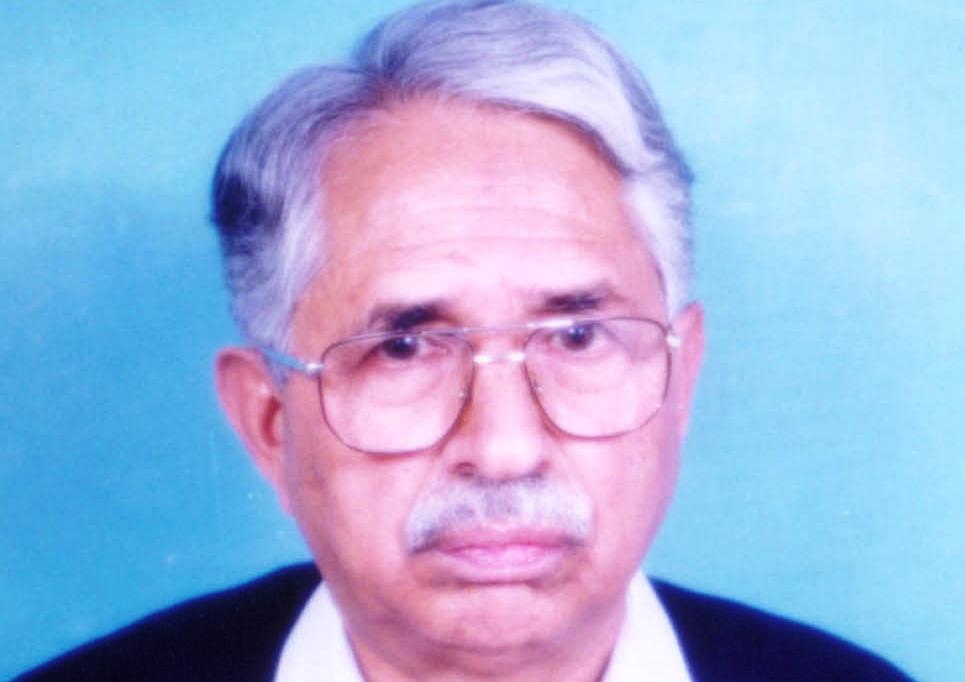
Hari Krishna Kaul, among the many foremost up to date Kashmiri writers, printed most of his work between 1972 and 2000. Formed by the social and political hullabaloo in Kashmir, his quick tales delve into themes of isolation, particular person and collective alienation, corruption, and the social material of a group that grapples with the lack of homeland, tradition, and language.
With a eager eye for element, incisive wit, and empathy, Kaul navigates the feelings and experiences of the Kashmiri group throughout this turbulent period. Quite than a mere recollection of occasions, the creator immerses readers within the atmosphere of uncertainty, worry, and the agonizing selections that outline the future of a individuals. This ebook not solely gives a historic account but additionally endeavours to seize the human dimension of the Kashmiri-Pandit expertise. It beckons readers to empathize with people and households who confronted unimaginable circumstances, abandoning the acquainted and getting into an unsure future.
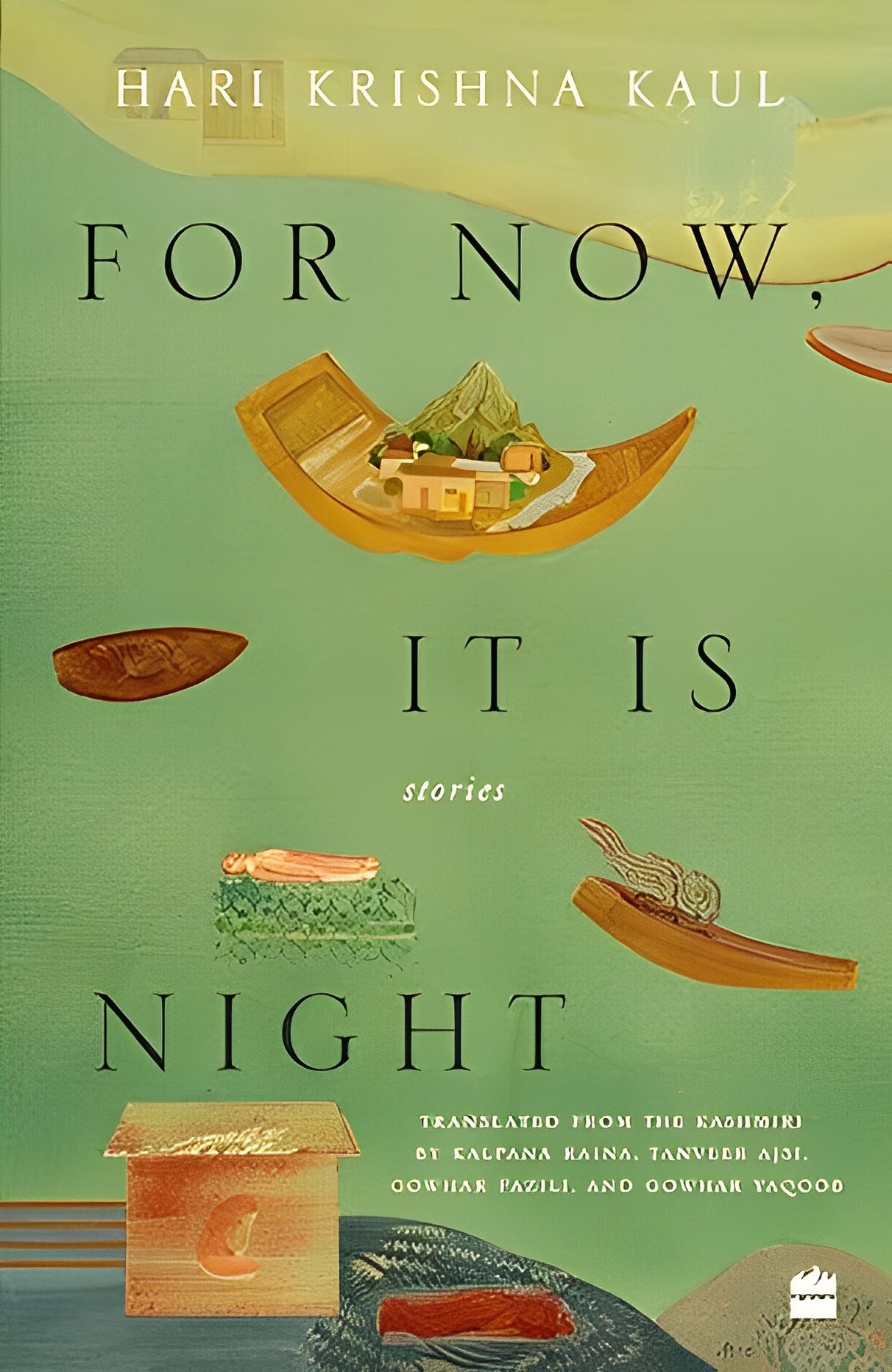
Delving into the cultural mosaic of Kashmiri society, this ebook weaves tales of concord and custom. Nevertheless, with the arrival of battle, this delicate steadiness unravels, exposing the vulnerability of cultural unity within the face of exterior pressures. The narratives mirror on the profound impression of battle on shared values and practices, highlighting how exterior forces remodel a as soon as harmonious cultural panorama.
Within the literary area, the collaborative translation of this assortment of quick tales stands as a testomony to the synergy of proficient writers. Translated from Kashmiri with eloquence by Kaul’s niece and author Kalpana Raina, Tanveer Ajsi, Gowhar Fazili, and Gowhar Yaqoob, this translation transcends formal English obstacles, preserving the essence of the unique work.
This collaborative effort goes past literal which means, delving into cultural intricacies and delicate nuances, meticulously preserving the spirit, feelings, and cultural context envisioned by the creator.
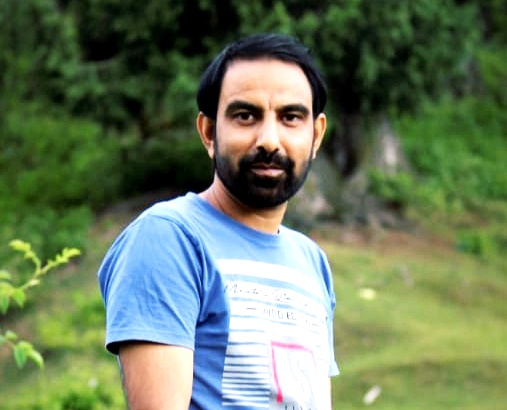
Amidst the narratives surrounding the migration of Kashmiri Pandits, it’s essential to recognise the often-unheard nuanced historical past and experiences. Whereas acknowledging the profound plight of the Pandit group, it’s equally important to keep away from overshadowing the struggling endured by the Muslim inhabitants throughout the identical tumultuous interval. The turmoil in Kashmir affected each communities, resulting in displacement, loss, and shared uncertainty.
The previous has left scars on the collective reminiscence of all Kashmiris, irrespective of non secular id. The narrative’s complexity lies in understanding that tyranny and displacement, although skilled in another way, have affected various communities. Fostering an inclusive dialogue that encompasses these various narratives contributes to a extra complete understanding of the area’s historical past and paves the best way for empathy, reconciliation, and a collective imaginative and prescient for a harmonious future.
(The creator is a researcher. Concepts are private.)
#Kaul #Seize #Human #Aspect #KashmiriPandit #Life
Kashmir Tourism
Kashmir News
Source Link

